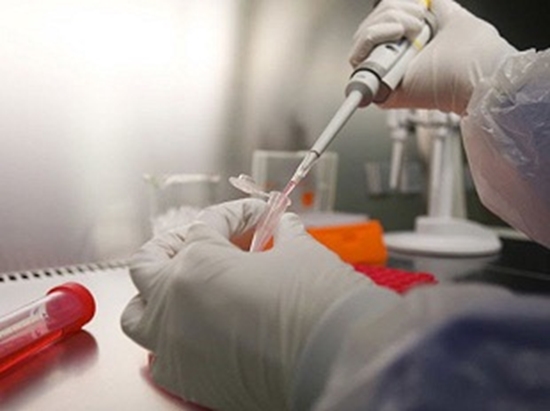Stem cell treatment could be a proven therapy for diabetes, autism
Stem cell therapy has turned out to be a ray of hope for most patients who are trying to find a cure for incurable diseases. Researchers and experts believe India has been at the top in the development of stem cell treatment followed by several other countries like China and Japan. However, due to lack of awareness, most people don't think of stem cell therapy as an option for treating most of the incurable diseases.

Stem cell therapy has turned out to be a ray of hope for most patients who are trying to find a cure for incurable diseases. Researchers and experts believe India has been at the top in the development of stem cell treatment followed by several other countries like China and Japan. However, due to lack of awareness, most people don't think of stem cell therapy as an option for treating most of the incurable diseases.
One of the major issues that India is battling is increasing incidence of diabetes and autism. According to reports, more than 10 million children in India suffer from autism. About 1 to 1.5 per cent of such children are aged 2-9. Autism by far is a mental condition which is present from early childhood, characterised by great difficulty in communicating and forming relationships with other people and in using language and abstract concepts, and also characterised by weakened social interface, weakened communication and indulging in repetitive behaviour.
In the case of diabetes, it is one of the most talked-about diseases across the world and especially in India, but awareness on this is still low. Diabetes generally occurs due to failure or damage of the cells that produce insulin in the pancreas called Beta cells. Diabetes can be classified into 2 types: Type 1 (T1DM) and Type 2 (T2DM).
Stem cells are part of the human body and have the unique ability of naturally finding and repairing the place of damage within. Over the past two decades, it has been made possible to treat T1DM by transplanting islet cells or even whole pancreas from cadaveric donors (allogenic transplantation). Transplants can enable the body to regain control of blood sugar levels so that insulin injections are no longer needed.
Islet transplantations are not very common, because whole pancreas transplants involve major surgery and carry significant risk. Transplants require the immune system to be suppressed so that the new "alien" organ is not rejected. Immuno-suppressant drugs leave the recipient vulnerable to infections and often have side-effects. One of the biggest problems faced by islet transplantation is the lack of donors.
This can be overcome by using patient's own stem cells (autologous transplantation), bypassing all the complications, rejections and side-effects. Research has shown that stem cells present in the patient's pancreas are able to make new Beta cells. Beta cell progenitors have been found in the pancreas of both rodents and humans; it may be possible to grow islet cells from patient's existing islet cells. Alternately, mesenchymal stem cells (MSCs) treatment is also being explored. These can be sourced from the patient's own adipose tissue (fat), umbilical cord, menstrual fluid, bone marrow and the like.
Clinical trials inserting MSCs into Type 1 diabetes patients take advantage of two properties of these cells. Firstly, they have the regenerative potential to repair Beta cells and, secondly, they can modulate the immune system by inhibiting the responses that lead to the auto-immune attack on pancreatic Beta cells. Since these stem cells come from the patient's own body, there is also no risk of rejection or side-effects. MSCs may be injected intravenously or within the pancreas itself. This approach promotes Beta cell function, thereby reducing or eliminating the requirement for exogenous insulin.
The central government is also planning to curb the growing incidence of diabetes by stringent measures, including higher taxes and stricter advertisement norms to regulate sale of sugar-sweetened beverages and junk food.
Clinical trials are also under way for autism. Experts believe the umbilical cord stem cells are ideal for treating this because they allow doctors to administer uniform doses as they don't require collection of stem cells from the patient considering it could be a laborious process for child and the parent. Because they are collected right after birth, umbilical cord-derived cells are much more potent than their "older" counterparts like bone marrow-derived cells.
With trials under way, stem cell therapy could be an effective solution in treating autism and Type 1 diabetes rather than harmful drugs.
Reference: Business Standard


ارسال به دوستان